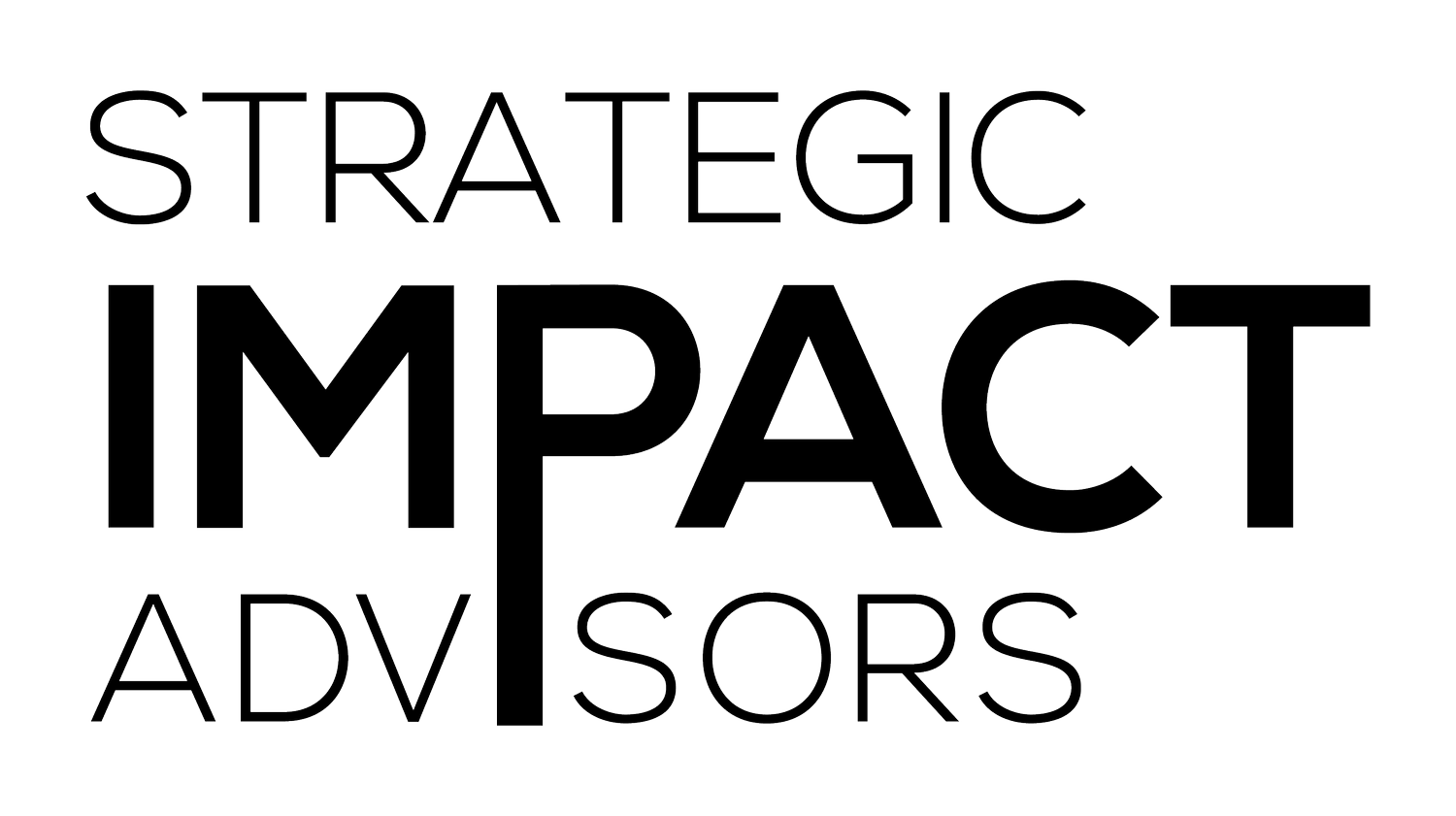Awakening Giants: Ethiopia to Follow in Nigeria’s Mobile Money Footsteps?
These are exciting times for mobile money in Africa.
Mobile money account growth grew by 17% in Sub-Saharan Africa in 2022. This was the highest growth rate experienced by any region in the world. Despite the historical dominance of African countries like Kenya, Ghana, Tanzania, and Uganda in the mobile money sector, new markets are driving sustained mobile money growth.
With a combined market of nearly 340 million people, Ethiopia and Nigeria represent two of the biggest targets for continued growth of mobile money and digital payment services in the region, and they might very well be on their way to unlocking that potential after moving away from bank-led regulatory frameworks.
Nigeria: Regulatory Changes Unlock Growth
Although Nigeria had recognized the value of mobile money for achieving financial inclusion as early as the 2009 release of the “Regulatory Framework for Mobile Payments in Nigeria” and licensed 21 mobile money operators before 2014, the regulatory environment remained unconducive to impactful progress in mobile money and digital payments. The Central Bank of Nigeria was issuing licenses for financial products that specifically excluded telecom operators from offering mobile money products.
In 2018, the Central Bank created the payment service bank (PSB) license, allowing telecom operators and other MMOs to offer financial services. This regulatory change enabled telecom companies to enter the banking market and extended the reach of financial services.
Currently, all four major Nigerian mobile network providers and Airtel, a global network provider, have set up mobile money services. 9Mobile and Unified Payments launched their respective PSBs (9PSB, Hope PSB) in 2020. In 2022, Globacom, Airtel, and MTN received PSB licenses, allowing them to launch mobile money services through MoneyMaster PSB, SmartCash PSB and MoMo PSB, respectively.
The effect of these regulatory changes is significant. Between 2018 and 2022, the combined mobile money transaction value ballooned by almost 18 times. Even more impressively, transaction volume increased by over 20 times.
As these figures show, Nigeria has undergone impressive transformation over the last five years. Regulatory changes have unleashed telecommunications providers to aid in the fight for financial inclusion, but the progress is only just beginning. As the graph below shows, the percentage of Nigerians with a mobile money account is climbing but still low. Combined with the still relatively low mobile money uptake, gender gaps and income gaps in mobile money account ownership (5% women vs. 12% men, 3% in poorest 40% vs. 12% in richest 60%) highlight the progress that still needs to be made.
Ethiopia: An Awakening Giant
While Nigeria has begun its mobile money journey in earnest, Ethiopia is a few steps behind, with less than 1% of the population having a mobile money account in 2017. The Ethiopian government has recognized the importance of mobile money in expanding financial inclusion and taken steps to promote its adoption, introducing regulations to support mobile money service providers and create a conducive environment for sector growth.
The combination of the Payment Instrument Issuers Directive, the Payment Systems Operator Directive, and the Use of Agents Directive has allowed non-banking entities to apply for and receive licenses to offer mobile money services, opening the sector to telecom operators and foreign investment. Immediately following these 2020 directives, Ethio Telecom launched Telebirr in 2021, which boasts 35.6 million customers as of May 2023. The success of Telebirr is showcased by 2022 Findex data, which shows a massive initial jump in mobile money account ownership following these regulatory changes.
Ethiopia’s mobile money market has seen various other entrants as a result of the changes. In 2021, the Kenyan MNO Safaricom won the first independent telecom license in Ethiopia, launching its telecom operation in 2022 in competition with state-owned Ethio Telecom. Following its initial mobile network launch, Safaricom received a mobile money license in May 2023, and M-Pesa launched in Ethiopia on August 16 of the same year. The entrance of Safaricom and Telebirr’s recent success demonstrate how opening the mobile money industry to non-banking institutions has generated opportunities for massive growth.
In August 2023, we saw even more exciting signs of change with the issuance of a payment instrument issuer license to Kacha Mobile Money. Kacha Mobile Money is the first private company to receive a payment instrument issuer license from the National Bank of Ethiopia, signaling the arrival of innovative fintechs in the Ethiopian market. Integrating with the national switch and several banks and microfinance institutions, Kacha Mobile Money went through a pilot phase in late 2022 and early 2023 before receiving full authorization to provide cashless transactions through an agent network.
So what does the future hold? If the effects of Nigeria’s legal changes and Telebrirr’s initial success are any indication, Ethiopia is now well-positioned for a massive jump in mobile money usage, catching up to and possibly surpassing Nigeria’s mobile money market. The entrance of big multinational corporations like Safaricom and smaller innovative fintechs like Kacha Mobile Money are signs that Ethiopia’s regulatory changes have created a hospitable environment for a range of mobile money providers, while recent Findex data reveal that Ethiopian citizens are already starting to take to the new products. While barriers such as a lack of smartphone ownership and limited digital financial literacy are still at play, Ethiopia’s regulatory changes, like Nigeria’s, have enabled the mobile money market to emerge and expand.







